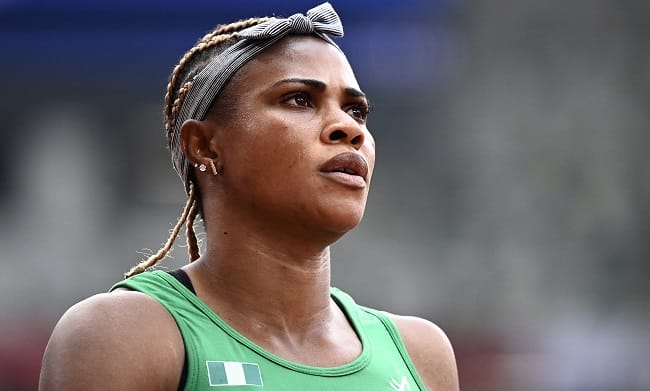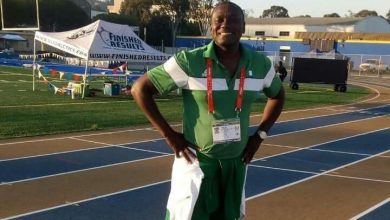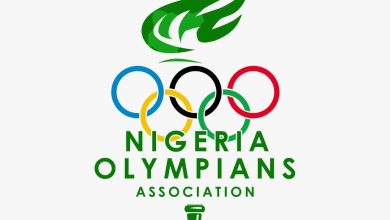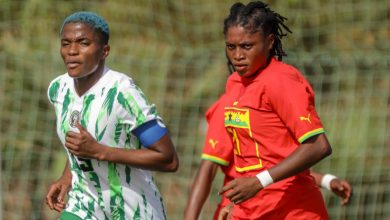Okagbare fails to appeal, accepts 10-year ban

Nigerian sprinter Blessing Okagbare has failed to appeal the 10 year ban slammed on her by the Athletics Integrity Unit (AIU) Disciplinary Tribunal for the presence and use of multiple prohibited
substances and her refusal to co-operate with the AIU’s investigation into her case.
The 33 year old Nigerian threatened to take up her right to appeal against the Disciplinary Tribunal’s decision at the Court of Arbitration for Sport (CAS) within 30-days which elapsed on March 18, 2022.
But the Court of Arbitration for Sport says the former Commonwealth Games double sprint champion did not file any appeal upon enquiry.
”Please be advised that at the time of writing no appeals have been filed at the Court of Arbitration for Sport (CAS) in relation to this matter’, wrote Katy Hogg, CAS Communications Officer.
Okagbare had denied taking prohibited substances by injection or at all.
In support of her denials, she pointed to her long history of ‘negative’ tests, including ten of the twelve she underwent between 16 April 2021 and 30 July 2021.
The Nigerian also argued that the Adverse Analytical Findings shown in Sample A and B result of her blood test collected on the 19th of July 2021 as well as that of Sample A urine test result for the EPO are unreliable and erroneous as she did not take /inject the hGH or the EPO.”
She said the samples were kept at high temperatures of 24 to 10 ̊C and then 9 to 6 ̊C prior to their receipt by the Lausanne laboratory.
She also argued that the samples were stored by the laboratory at “below -15 ̊C” when the 2014 GH .Guidelines specified “approximately -20 ̊C”, and therefore the laboratory did not
follow the Technical Document.
Okagbare also had issues with the measurement uncertainty used by the Lausanne laboratory in its hGH analytical procedures.
The AIU however insists that the Adverse Analytical Findings arose from Okagbare taking multiple serious prohibited substances which it said were, supported by expert evidence obtained by it, administered only by injection and which are extremely challenging for anti-doping laboratories to detect.
The AIU argued that the Adverse Analytical Findings supported its case that Okagbare was “engaged in a sophisticated doping scheme that was targeted specifically towards her participation at the Tokyo 2020 Olympic Games”.
It argued that in those circumstances, the Athlete’s ADRVs were egregious and so justified the application of Aggravating Circumstances in accordance with Rule 10.4 ADR and the imposition of a period of Ineligibility of six years.




